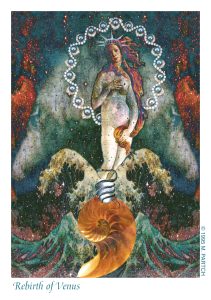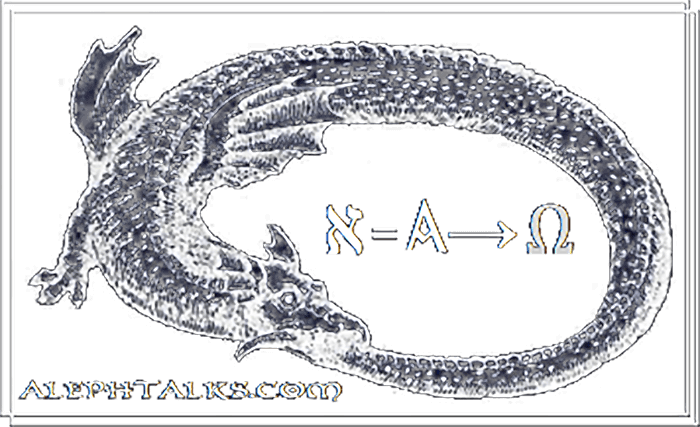 JUNGIAN ASTROLOGY teaches us to think like interpersonal anthropologists, exploring what makes ourselves and others tick, with less judgment and greater compassion. Our intimate relationships introduce us to the foreign culture of another's inner Universe, while reflecting our own. Astrology is a spiritual telescope, illuminating both inner “night skies.”
JUNGIAN ASTROLOGY teaches us to think like interpersonal anthropologists, exploring what makes ourselves and others tick, with less judgment and greater compassion. Our intimate relationships introduce us to the foreign culture of another's inner Universe, while reflecting our own. Astrology is a spiritual telescope, illuminating both inner “night skies.”
When evaluating a couple’s “compatibility,” many conventional astrologers look for “favorable angles” between each partner’s ten planets, indicating a lot of “easy flow” in the relationship.
Spiritually oriented astrologers, however, see all relationships as vehicles for consciousness, sometimes serving unseen spiritual purposes. We actually welcome challenging “aspects,” and relationships, as opportunities for growth, as grist for the mill. Reluctant to give evaluations, predictions or directives, we support clients to make more conscious decisions, based on astrological insight into their own and their partners' personalities, patterns, and potentials. As Heraclitus put it: “Character Is Destiny.” Because our inner patterns create our outer situations, dynamics, and relationships, insight into our inner landscape naturally transforms our outer decisions, actions, and reactions.
Hall of Mirrors
The goal of the Jungian Astrologer is to elucidate, rather than evaluate, any relationship. We are not looking for “easy” or “good” contacts, but for significant archetypal themes between the two individuals. Working with both partners’ entire horoscopes, the Archetypal Astrologer examines all of the “aspects” (geometric angles) between all ten planets in each chart, along with each partner’s Ascendant and Descendant degrees and additional points, in order to better understand and enhance “What Is.” Our job is to encourage the highest potential of the relationship as well as the individuals, given these recurrent themes.
We look to the traditional archetypal energies as they are indicated by the 20 planets’ locations at the time of birth, particularly focusing on Mars and Venus – considered to be the Planets of Love (regardless of the genders of the individuals involved) – and how they all interact in the two charts is examined in depth. Any “challenging” interaction is considered far more “favorable” to the relationship than no aspect at all. A challenging aspect brings a lot of energy with it, and if the inidividuals are both motivated to grow (individually and together), and to co-create a conscious relationship together, they can learn to work with virtually any challenge that may be described in their charts.
However, the one thing that may spell the “kiss of death” for a romantic relationship is the lack of planetary interactions. In that case, it is thought that there simply may not be enough energy there to support the longterm survival of the relationship – the two individuals are considered likely to simply drift apart over time, rather than being driven apart by unresolvable conflict. (Keeping in mind that some people thrive on conflict.) I have observed this with clients myself. Sometimes just one partner’s chart in the relationship does not receive “enough” interactions with the other chart (thought to be four), and feels the need to move on before the other feels “done,” and this can be very sad. In this case, the astrologer’s responsibility is to validate the experience of the partner without “enough” aspects if they feel the disconnect.
Moving Beyond Sun Signs: While one’s Sun represents the ego self, or conscious identity, the “rising sign,” or Ascendant (the eastern horizon at the moment of birth), shows the mask, or persona, with which we wish to face the world. It’s often the first impression we give. The opposite point, the Descendant (“Dsc.”), shows us the metaphorical back of our own head. Obviously, the back of one’s own head is difficult to see, unless someone else kindly holds up a mirror. This is exactly what our most intimate relationships can do for us, often to our chagrin.
It is a truism that whatever initially attracts us to someone is often exactly what drives us crazy in the end. So, neat-freaks can end up with slobs as the initial charm of “spontaneity” becomes “chaos” in our eyes. This phenomenon, called “projection,” is actually a reflection of our own unconscious inner qualities, positive and negative, as seen in the Other. Qualities that we approve of, but don’t see within ourselves, are exaggerated as wondrous in the Other, and we fall in love. Unconscious inner qualities that we reject as negative in ourselves call forth our harshest criticism and judgment of others.
The Shadow Knows
One astrological window into this dynamic is the Descendant. The cusp of the 7th House (Relationship) shows our perception of the Other. It is not unusual for couples to have one’s Sun, Asc., or Moon close to the partner’s Dsc., or in the other’s 7th House.
For example, say that a woman’s Sun is in intellectual, unemotional Gemini, while her Asc. is in reliable Taurus (a.k.a. “Taurus Rising”). She hopes to come across as in-control and even-tempered. And let’s say that, much to the dismay of her Gemini Sun’s conscious desire for detachment, she finds herself continually embroiled in emotional dramas. An uncanny number of these overwhelmingly intense relationships may be with partners who have Sun, Moon or Asc. in the passionate sign of Scorpio, opposite her Asc. in Taurus.
This pattern would reflect her own unacknowledged Scorpio Dsc. (opposite her Taurus Asc.), which is luring her into these intense emotional encounters in order to integrate her own (consciously denied) desire for powerful emotional experiences.
It may be difficult for her to acknowledge this hidden dimension of her own psyche – her own Shadow. But if she can learn to embrace (so to speak) her own unconscious desire for greater passion, her transformational release of self-judgment will make her more whole, liberating her genuine emotional expression, and deepening her entire experience of love, and life.
Perhaps more than any other human endeavor, conscious relationship requires nonjudgmental compassion, for ourselves as well as others. Astrological insight into hidden motivations helps us to transcend our naturally subjective “cultural” (ego) bias, and in the language of Jungian astrology, our Dance with Shadow can be reborn as Sacred Relationship.
MARJORIE PARTCH, transplanted from New York in 2001 by way of Vermont, is now happily available in Fairfield County and via Zoom. A counseling, teaching, and writing astrologer for more than 35 years, she is also fluent in Tarot. Marjorie has training in Transformational Astrology, Reiki, Yoga, Meditation, Labyrinths, Kabbalah, and Transpersonal Psychology, with an emphasis on the work of C.G. Jung. She is also a practicing artist and poet. 203.286.7525; https://www.AlephTalks.com/Astrology
